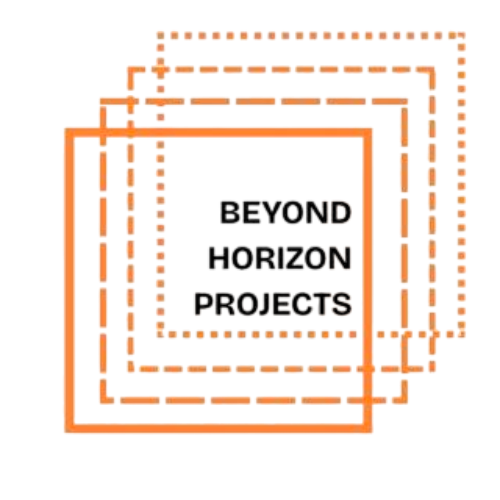
Web Development & Design Training
Web Development & Design Training
Project Overview:
The densely populated slums of Lusaka face chronic shortages of essential public services including sanitation, electricity, and healthcare. Unemployment, particularly among youth, remains a persistent crisis—currently estimated at around 31%. These harsh socio-economic conditions contribute to a high incidence of violence, particularly in communities where individuals experience physical, sexual, economic, and psychological abuse, often driven by extreme poverty and systemic neglect. In 2022 alone, the Anti-Violence Unit—established in 2019 at Kanyama’s only public hospital—assisted 1,726 survivors, reflecting a 33% increase from the previous year. Yet, many survivors remain economically dependent on their abusers due to a lack of viable income-generating opportunities.To address this economic dependency, the ULEMU Empowerment Club was launched in 2019 as an extension of the Anti-Violence Unit. It provided survivors and community members with skills in handmade costume jewelry. While this initiative created a pathway for some income generation, the narrow scope of training and limited market access have prevented participants from achieving sustainable financial independence. Efforts to expand this program into more market-relevant digital and professional skills have been hindered by two major barriers: a lack of capital investment and frequent power outages, which often last several hours a day and disrupt both training and daily life.
Objective:
In collaboration with ULEMU, we wanted to create a program with double impact. At the household level, individuals who complete the program are expected to improve their income-generating capacity, thereby reducing financial dependency. At the community and structural level, we aim to assess how economic independence correlates with reductions in violence and dependency.
Methodological Logic:
Following Lebanon’s model, we sought to reinvest impact into new learning pathways. When the war halted operations in Lebanon, we transferred the framework to Zambia, asking: How can digital skills reduce economic dependency and gender-based violence?
Methodological Steps:
- Participatory diagnosis: focus groups revealed that prior crafts-training schemes were seasonal and unsustainable.
- Adaptive design: co-developed a digital-skills curriculum (web design, social-media campaigns) requiring minimal capital and resilient to power instability.
- Inclusive recruitment: open call (ages 18–30) circulated online and locally; 9 participants selected from 16 applicants; transport and meal allowances ensured equal access.
- Iterative training: continuous progress evaluation and mentorship adapting to socio-economic realities.
- Sustainability evaluation: post-training transition into paid client projects (LaRipresa, D’auria Porte, San Lorenzo B&B); remuneration aligned with national wage standards.
- Institutional continuity: ULEMU continues to host participants, embedding the project locally.
Results:
The program successfully secured real-world client assignments from businesses in Italy, allowing trainees to transition directly into paid project work. These opportunities served as both an income stream and a professional portfolio boost.




